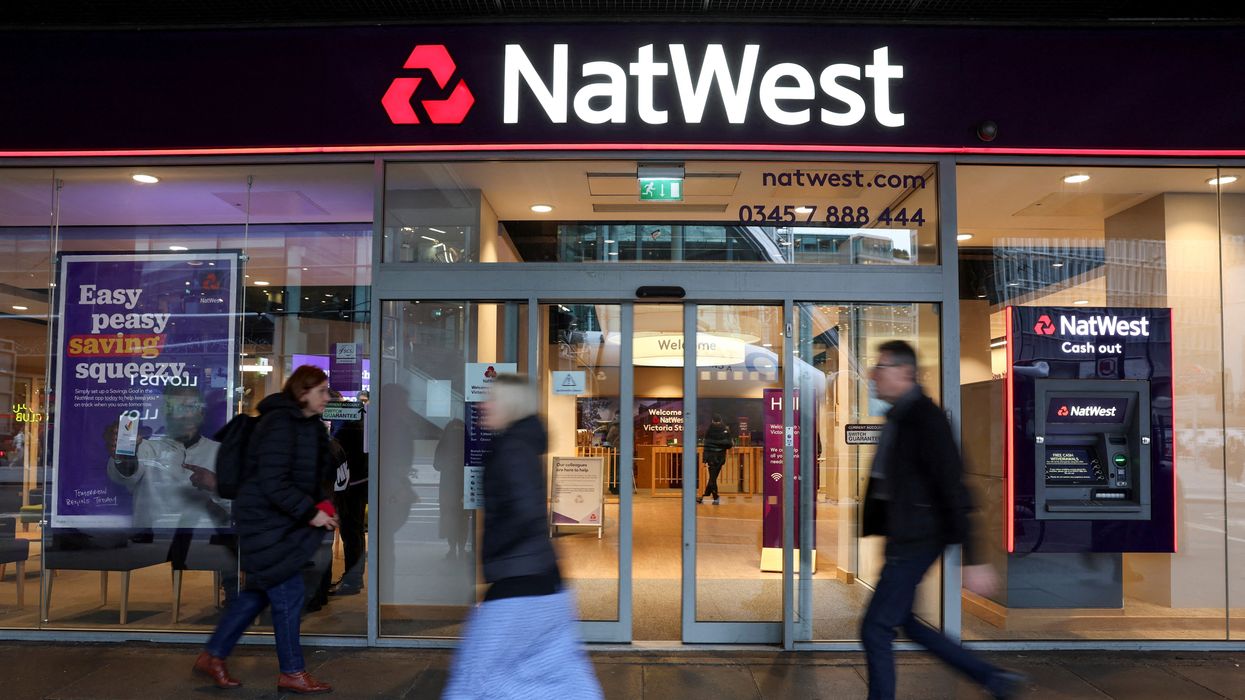NATWEST reported higher-than-expected annual profit on Friday, supported by its growth strategy, improved productivity, and capital management efforts.
The bank, which once had assets worth 2.2 trillion pounds—more than twice the size of the British economy—has undergone years of restructuring to focus mainly on domestic consumer and mortgage lending.
"We have positive momentum behind us and a clear ambition to succeed with customers as we continue to build a simpler, more integrated and technology-driven bank that is capable of even greater impact," chief executive Paul Thwaite said.
Our 2024 performance is grounded in the support we provide to over 19 million customers in every nation and region of the UK.
Read more about our FY performance from our CEO Paul Thwaite: https://t.co/sbJi4fyFtn pic.twitter.com/GGQiy46Pfl
— NatWest Group (@NatWestGroup) February 14, 2025
For the year ending 31 December, NatWest's pretax operating profit stood at 6.2 billion pounds, matching 2023 levels and exceeding analysts' forecasts of 6.1 bn pounds.
Shares in the bank have risen 109 per cent in the past 12 months, driven by its 4 bn pound capital redistribution plan and recent acquisitions aimed at expanding its home loans business in a competitive market.
However, the stock fell by up to 2.2 per cent after the results before recovering some losses. It was last down 1.5 per cent at 430 pence. Earlier this week, shares reached their highest level since 2011.
Thwaite has positioned NatWest as an active player in acquisitions, purchasing billions of pounds in assets from retailer Sainsbury’s and Metro Bank in 2024. He indicated that more deals could follow.
"In respect of acquisitions, it's a very high bar," Thwaite told reporters. He added that the bank remains strong and would continue to evaluate inorganic opportunities that create shareholder value, add scale, or enhance capabilities.
The bank has set a new performance target, aiming for a return on tangible equity of 15-16 per cent in 2025 and above 15 per cent by 2027.
However, it faces competition in the UK mortgage market, particularly following Nationwide’s acquisition of Virgin Money.
The Financial Times reported that NatWest had held discussions with Spain’s Santander regarding a potential acquisition of its UK operations.
Santander has denied any plans to sell, though its executives have spoken about the high cost of capital for the business. NatWest has declined to comment on the speculation.
Loan growth
NatWest’s 2024 profit and outlook contrast with concerns over the UK economy, which has been affected by weak growth, public finance concerns, and global trade tensions.
Jefferies analysts said NatWest's results support the bank’s overall strategy and reflect wider trends in the sector, adding that shares were already well supported.
Total loans reached 372 billion pounds, up 3.5 per cent year on year, marking the bank’s sixth consecutive year of loan growth.
Loan impairments fell to 359 million pounds in 2024, down from 578 million pounds in 2023.
On Friday, the UK government’s stake in NatWest dropped below 7 per cent, down from 38 per cent in December 2023.
The bank remains on track to return to full private ownership this year after its 45 bn pound bailout during the 2008 financial crisis.
(With inputs from Reuters)




